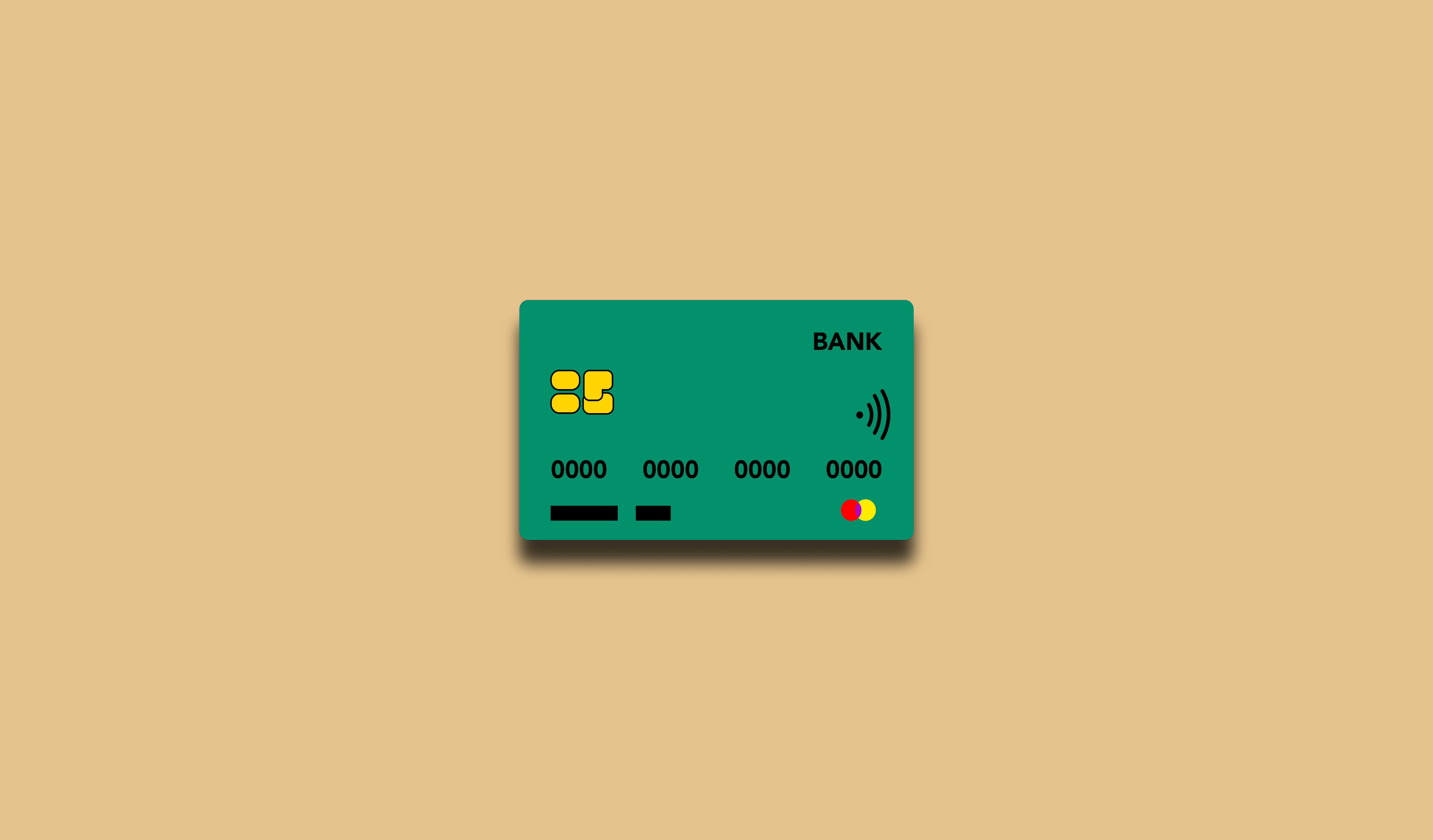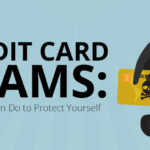Brace yourself. To fight soaring inflation, the fed is planning another three-quarter-point-rate hike. And that’s on top of the 2.25 percentage points they’ve already raised this year.
According to Cleveland Fed President Loretta Mester, “The fed funds rate, currently pegged in a range between 2.25%-2.5%, should rise above 4% by next year and stay elevated until inflation comes down.” The increase takes the funds rate to its highest level since December 2018.
When this happens, the rest of the financial industry will hop on board to raise their interest rates. That includes credit card issuers. If you’re carrying credit card debt, this is very bad news.
For each month you only cover the minimum, a substantial finance charge will be added to the balance. The higher the interest, the higher the finance charge. Before they raise the interest on your credit card, you should pay off as much of your debt as you can.
Start paying off the balance immediately so you won’t be left with an exorbitant interest rate that throws you further into debt. If you don’t do something about your credit cards before the interest rates skyrocket, you could end up with debt that’s increasing at an alarming rate. Fortunately, there are actions you can take to avoid dire consequences.
4 tips to help lower the interest on your credit cards
Although there’s nothing you can do to stop the Federal Reserve from bumping up interest rates, you don’t have to just sit back and take it. Believe it or not, you have the power to lower your interest rate and minimize the effects of the Federal Reserve’s actions.
Here are the 4 ways to lower the interest rates on your credit card accounts.
People Also Read
Raise your credit score
Raising your credit score is the best way to lower your credit card rate on your own. A good credit score indicates that you are a responsible borrower and less likely to default on your debt. Lenders and creditors impose high-interest rates on people with low credit scores. This protects them from borrowers who are more likely to run off and leave their debts unpaid. If you can prove you’re low risk, they can give you a better rate and be confident that you’ll honor your financial obligations.
Open an account with a new credit card company
Credit cards are notorious for their high-interest rates. (An industry trick is enticing you to open an account by touting their “low rates”.) A tried-and-true strategy is to transfer your existing balance to the new credit card with a lower interest rate. But be careful. Only open one account since too many applications will drag down your credit score. In addition, you should always read the fine print before making the move.
Low-interest rates are usually an introductory offer. Introductory is a fancy way of saying “temporary,” and the rate usually shoots up after a few months. If you can’t pay off the debt before the introductory period expires, choose a different option.
Enroll in a debt relief program
Debt relief provides another option to lower the interest on your credit card. Debt management falls under debt relief and involves the help of a professional credit counselor. They will help you come up with a payment plan that accommodates your budget. The result is usually a lower monthly payment since the counselor may seek concessions from each credit card creditor—which can include lower interest rates and monthly payments. They can’t guarantee success, but they will certainly try.
Negotiate with the creditor yourself
The last possibility to reduce your credit card interest rate is to negotiate directly with your creditor. Some people may find DIY intimidating but many consumers have lowered their interest rates by taking this route. Simply tell your creditor that you’re in a tough financial situation and request a lower rate to prevent you from defaulting.
If you’re ill and going through expensive medical treatments, there’s a good chance that you’ll be granted a reduced interest rate – even if it is just for a brief period. You can also request a better rate if you’re at a good credit risk – meaning you meet your obligations on time.
You can use one or more of these methods to help lower your rates further. It all depends on your credit history and specific financial situation.
Important facts about the interest rate of credit cards
Reducing your credit card interest rate to save money is the first step. You also need to understand what’s involved so you’ll know how to minimize its effect on your current balance. Here are some important facts you should know.
- If you pay the full balance each month, interest and finance charges will never become an issue.
- If you received a low-interest rate on a new credit card, this is a temporary situation. The creditor usually raises the rate after 6 to 12 months. Even the 0% interest that is common in balance transfers won’t last for very long.
- The creditor can increase the interest rate without good reason – but they legally must inform you before it’s implemented. Even if you’re a responsible credit card holder who pays on time, the creditor can still bump up your interest rate. Make sure they inform you of this raise at least 45 days in advance.
- This might be news to you, but you have every right to refuse a credit card rate increase. After receiving notification from your creditor that they’re raising your rates, you can call and let them know you won’t accept the increase. There are three ways this can go. The first is they will agree to retain the lower rate. The second is you both agree to a new rate that may be higher, but less than they initially offered. The last is you close your account and agree to an affordable repayment plan.
- Read between the lines. A 0% interest rate on a credit card may not exactly be true. An article from NerdWallet revealed that some companies advertise a 0% rate but fail to say upfront that it’s only for purchases made through the card. The article advised that the consumer should look at the black and white table in the credit card offer to see the transactions not covered by the 0% interest (e.g., cash advance, balance transfer, etc.)
Don’t just go along with a rate increase or blindly transfer your balance to a new credit card. By knowing the facts about credit card interest rates, you have options.









